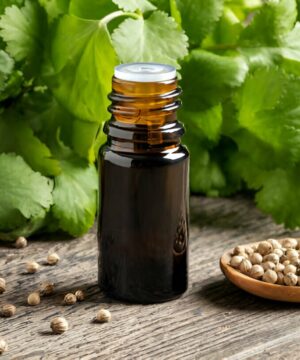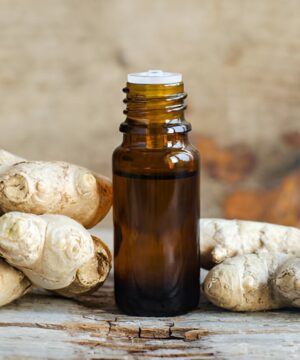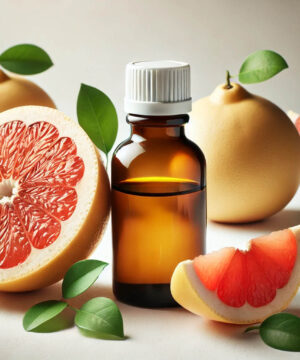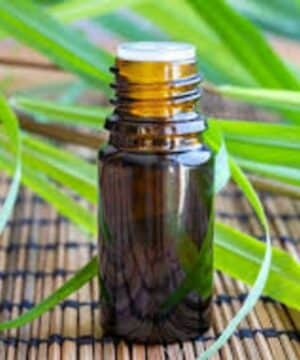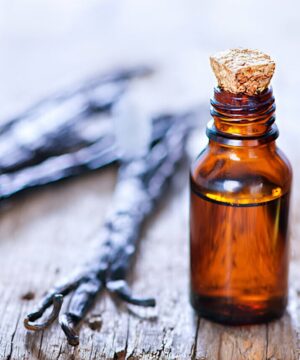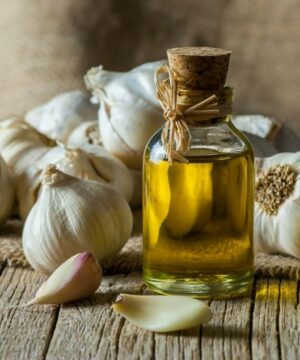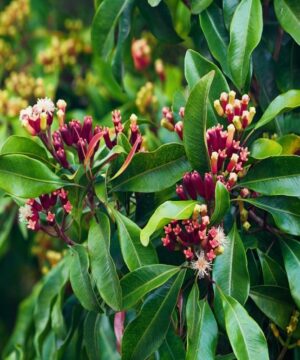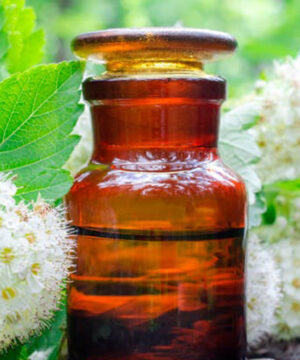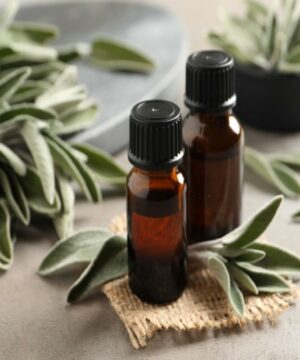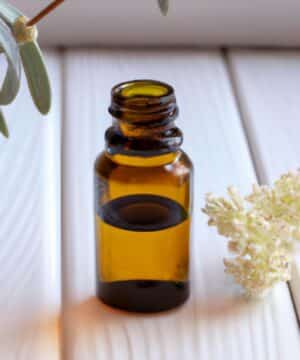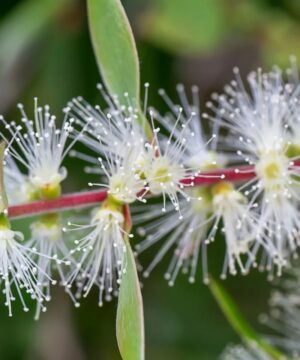Making perfume with essential oils can be a creative process where you combine different oils to create a unique scent.
Making perfume with essential oils
Here are the basic steps to using essential oils in making your own perfume:
- Choose your essential oils: Select the essential oils you want to use for your perfume. You can use one oil for a simple scent or combine several oils to create a more complex scent. Be sure to use high-quality oils and pay attention to the fragrance strength and properties of each oil.
- Determine the proportions: Experiment with different ratios of essential oils to achieve the desired scent. Generally, essential oils are diluted with a carrier oil to prevent skin irritation and stabilize the fragrance. A usual ratio is about 15-30 drops of essential oil per 30 ml of carrier oil, but adjust this based on the strength of the oils and your personal preference.
- Choose a carrier oil: Carrier oils such as jojoba oil, almond oil, or grapeseed oil are often used to dilute essential oils and serve as a base for the perfume. Choose a carrier oil that has a light fragrance and is quickly absorbed by the skin. It is also possible to use perfume alcohol.
- Mix the oils: Add the essential oils to the carrier oil in your chosen proportions. Gently mix the oils together by stirring or shaking so that the fragrances blend well.
- Allow the fragrance to mature: Allow your perfume blend to mature for several days to a week before using it. This gives the oils time to blend and stabilize the fragrance.
- Test and adjust: Test a small amount of your perfume on your skin to check how the scent develops and how long it lingers. If necessary, adjust the proportions of the oils to achieve the desired fragrance.
- Storage and use: Store your homemade perfume in a cool, dark place in a tightly sealed bottle. Apply to your wrists, behind your ears or other pulse points for a long-lasting scent.
By experimenting with different essential oils and ratios, you can create a perfume that suits you perfectly. Be creative and enjoy the process!
Popular essential oils for perfume
Essential oils are often used in perfumes because of their fragrant and aromatic properties. Here are some popular essential oils often used in perfumes:
- Lavender oil: Lavender has a sweet, floral scent that is often used in relaxing and soothing perfumes.
- Rose Oil: Rose oil has a rich, floral scent that is often used in luxury and romantic perfumes.
- Bergamot oil: Bergamot has a citrusy scent with a slight floral undertone. It is often used as a top note in perfumes because of its refreshing and uplifting properties.
- Patchouli oil: Patchouli has an earthy, woody scent that is often used as a base note in perfumes because of its depth and longevity.
- Sandalwood oil: Sandalwood has a warm, woody scent that is often used in both men’s and women’s perfumes because of its soothing and sensual properties.
- Vanilla oil: Vanilla has a sweet, warm scent that is often used as a base note in perfumes because of its sweet and soothing aroma.
- Jasmine oil: Jasmine has a floral, exotic fragrance that is often used in sensual and seductive perfumes.
- Ylang Ylang oil: Ylang Ylang has a sweet, floral fragrance with a slight spicy undertone. It is often used in perfumes because of its aphrodisiac and relaxing properties.
When creating your own perfume with essential oils, it is important to experiment and try different combinations to achieve the desired scent. It is also essential to consider the fragrance strength of each oil and how they blend with each other in the perfume composition.

